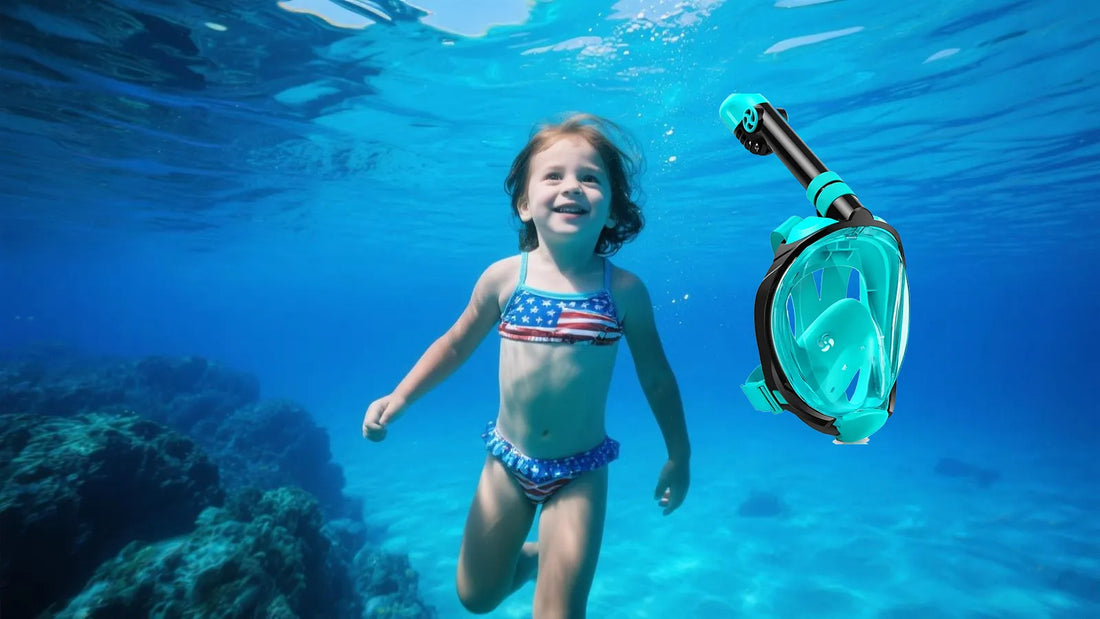Scuba diving is an exhilarating experience that allows you to explore the wonders of the underwater world. However, it also comes with its own set of challenges, particularly when it comes to ear health. One common question that arises is: can you wear earplugs when scuba diving? The answer isn’t as straightforward as you might think. While earplugs may seem like a simple solution to protect your ears, they can actually pose significant risks during a dive. Let’s dive deeper into this topic to understand why earplugs might not be the best choice and what alternatives you can consider.
The Importance of Ear Protection in Scuba Diving
When scuba diving, your ears are exposed to significant pressure changes as you descend and ascend in the water. The human ear is designed to handle these changes, but it requires proper equalization techniques to avoid discomfort or injury. Without proper equalization, the pressure difference between the water and the air inside your ears can lead to barotrauma, a condition that can cause pain, hearing loss, or even eardrum rupture. This is why many divers consider wearing earplugs to protect their ears. However, the use of earplugs in scuba diving is a controversial topic, and for good reason.
Why Wearing Earplugs Can Be Dangerous
While earplugs might seem like a logical way to protect your ears, they can actually increase the risk of injury during a dive. Here’s why:
- Pressure Imbalance: Earplugs create a sealed environment in your ear canal, which can prevent proper equalization of pressure. This can lead to barotrauma, as the pressure inside your ear cannot adjust to the changing water pressure.
- Trapped Water: If water gets trapped between the earplug and your eardrum, it can cause discomfort and increase the risk of infection. This is especially problematic in saltwater environments, where bacteria and microorganisms are more prevalent.
- Reduced Awareness: Earplugs can muffle sounds, making it harder to hear important signals from your dive buddy or instructor. This can compromise your safety during the dive.
Given these risks, it’s clear that wearing earplugs while scuba diving is not advisable. But that doesn’t mean you have to leave your ears unprotected. There are safer alternatives that can help you maintain ear health while diving.
Safe Alternatives to Earplugs for Scuba Diving
If you’re concerned about protecting your ears during a dive, there are several alternatives to earplugs that are both safe and effective. Here are some options to consider:
- Equalization Techniques: Learning proper equalization techniques is the most effective way to protect your ears during a dive. Techniques like the Valsalva maneuver, Toynbee maneuver, and Frenzel maneuver can help you equalize pressure and prevent barotrauma.
- Specialized Diving Hoods: A well-fitted diving hood can help protect your ears from cold water and reduce the risk of water entering your ear canal. Look for hoods made from neoprene or other waterproof materials.
- Ear Drops: Using ear drops before and after a dive can help prevent infections and keep your ears healthy. Look for drops that are specifically designed for divers and contain antibacterial or antifungal properties.
- Custom Ear Molds: Some divers opt for custom ear molds that are designed to allow for equalization while providing some protection. These molds are typically made by a professional and are tailored to fit your ears perfectly.
By using these alternatives, you can protect your ears without compromising your safety or comfort during a dive.
Tips for Maintaining Ear Health While Diving
In addition to using safe alternatives to earplugs, there are several steps you can take to maintain ear health while scuba diving. Here are some tips to keep in mind:
- Stay Hydrated: Proper hydration helps maintain the elasticity of your eustachian tubes, making it easier to equalize pressure during a dive.
- Avoid Diving with a Cold: If you have a cold or sinus infection, it’s best to avoid diving. Congestion can make it difficult to equalize pressure and increase the risk of barotrauma.
- Practice Equalization Before Diving: Practice your equalization techniques on land before heading underwater. This will help you become more comfortable with the process and reduce the risk of injury.
- Rinse Your Ears After Diving: After a dive, rinse your ears with fresh water to remove any saltwater or debris. This can help prevent infections and keep your ears healthy.
By following these tips, you can enjoy your dives while keeping your ears in top condition.
Scuba diving is an incredible adventure, but it’s important to prioritize your safety and health. While wearing earplugs might seem like a quick fix, the risks far outweigh the benefits. Instead, focus on learning proper equalization techniques and using safe alternatives to protect your ears. With the right precautions, you can explore the underwater world with confidence and peace of mind. So, the next time you gear up for a dive, remember: your ears deserve the best care possible.

